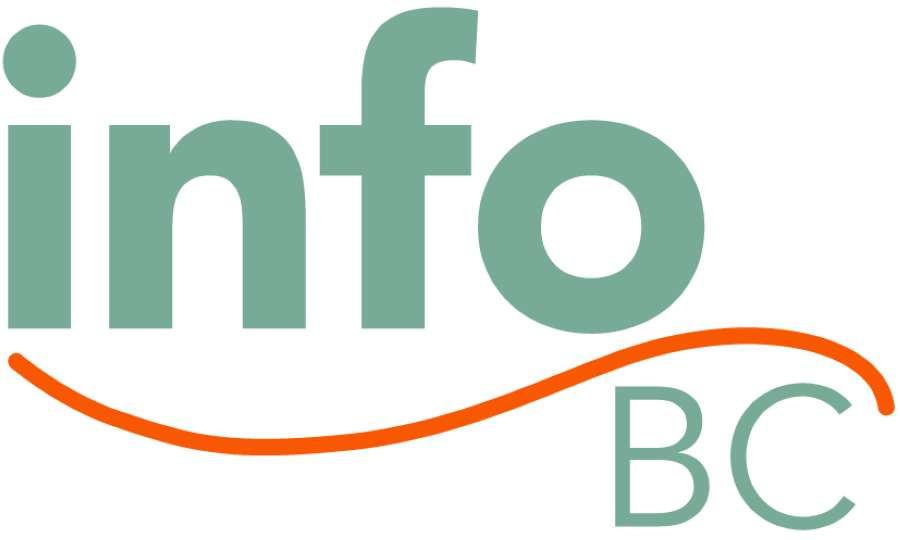The Info-BC Project

Supporting shared decision making in secondary breast cancer: What matters to patients in an era of personalised care
Every day patients with secondary breast cancer face difficult decisions about their treatment. Different treatment options are associated with unique benefits but also negative side-effects. Info-BC seeks to find out how people value these aspects of treatment so that medical professionals can help them make the decisions which are right for them. The study aims to use a tried-and-tested method called a Discrete Choice Experiment (DCE) to explore this.
What is the purpose of the study?
When prescribing treatment for secondary breast cancer, clinicians can only make recommendations to patients with secondary breast cancer. The final decision is ultimately the patient’s and different treatment plans have long lists of potential risks and benefits. There is often too much information for a person to consider, and clinicians must prioritise which information to discuss with patients. The aim of Info-BC is to understand patient and clinician treatment preferences, with respect to specific side effects and benefits. We intend for the results to inform; the methods by which risks and benefits are communicated to patients, interpretation of real world data on patient preferences and the production of guidelines for anti-cancer treatments.
What is secondary breast cancer?
Breast cancer occurs when abnormal cells in the breast tissue begin to multiply and divide without stopping. Early breast cancer can often be treated and managed effectively but there is a chance that the cancer will spread and progress into secondary breast cancer. There is currently no way to completely prevent the spread of secondary breast cancer so physicians must focus on slowing growth and improving wellbeing. There will often be a trade-off between comfort and happiness, and prolonging life. This is why Info-BC focuses on secondary breast cancer: the balance between quality and length of life is an extremely important one for people making decisions about whether to undergo chemotherapy or new treatments.
How does a DCE work?
The participant of the DCE will be asked to imagine that they have to make a decision about their own secondary breast cancer treatment (participants may or may not have direct experience of breast cancer). They will be presented with a pair of treatment scenarios which will have differing side effects and benefits. Participants are asked to say which one they prefer, and they will be asked to do this a number of times. By analysing everyone’s responses we will be able to understand which aspects of treatment and care people value most, and which side effects people are most concerned about.
Chief Investigator: Dr Peter Hall
Geographical scope: Scottish National data
Funder: Edinburgh and Lothians Health Foundation
Start date: 01 November 2018
End date: 01 May 2020
Current Status: In set-up
Sponsor: University of Edinburgh and NHS Lothian
Chief Investigator: Dr Peter Hall
Project Manager: Dr Holly Ennis



